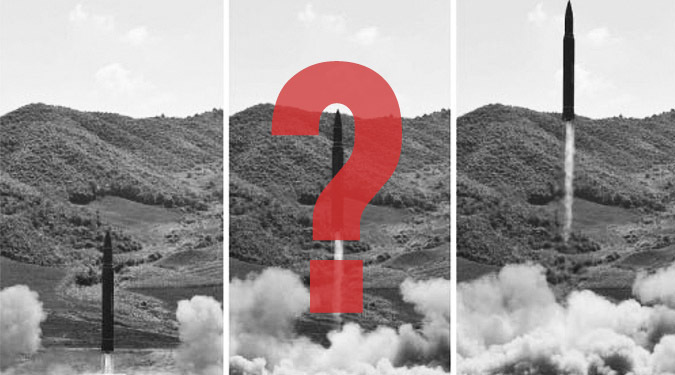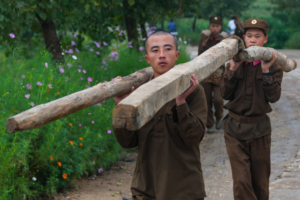North Korea's surprise intercontinental ballistic missile (ICBM) test on July 4 has sparked global headlines and outrage from key international players.
For the United States, the ICBM appears at the very least to pose a new type of military threat, allowing the DPRK, for the first time, to target the U.S. mainland with nuclear missiles. But because the test happened in face of President Donald J. Trump's January tweet which insisted that an ICBM launch "won't happen," the stakes have undeniably just been raised.
North Korea's surprise intercontinental ballistic missile (ICBM) test on July 4 has sparked global headlines and outrage from key international players.
For the United States, the ICBM appears at the very least to pose a new type of military threat, allowing the DPRK, for the first time, to target the U.S. mainland with nuclear missiles. But because the test happened in face of President Donald J. Trump's January tweet which insisted that an ICBM launch "won't happen," the stakes have undeniably just been raised.
Try unlimited access
Only $1 for four weeks
-
Unlimited access to all of NK News: reporting, investigations, analysis
-
Year-one discount if you continue past $1 trial period
-
The NK News Daily Update, an email newsletter to keep you in the loop
-
Searchable archive of all content, photo galleries, special columns
-
Contact NK News reporters with tips or requests for reporting
Get unlimited access to all NK News content, including original reporting, investigations, and analyses by our team of DPRK experts.
Subscribe
now
All major cards accepted. No commitments – you can cancel any time.










